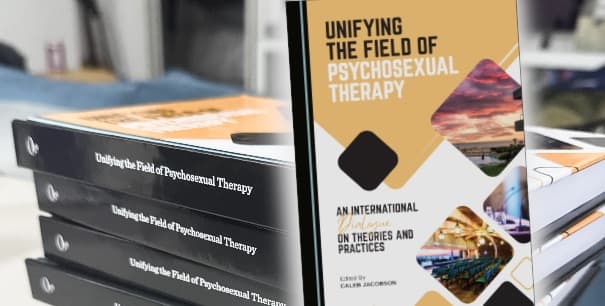ADHD is different in women and females
Both males and females are affected by ADHD. To account for differences between the sexes, I will use the term “female” when referring to a person with XX chromosomes and “male” to refer to a person with XY chromosomes.
The Center for Disease Control and Prevention estimates about 11 percent of children have been diagnosed with ADHD at some point in their lives. Determining the percentage of the adult population that has ADHD is difficult to determine due to multiple factors including a lack of formal diagnostic tools for adult ADHD, elements of the medical community that do not understand adult ADHD, and many adults with ADHD are undiagnosed who may “suffer in silence”, often with their ADHD symptoms being misdiagnosed as other problems. Due to past and current medical prejudices, fewer females than males are diagnosed with ADHD. Those females with ADHD (diagnosed or not) often find themselves without support and may feel held to a standard they believe they will never achieve.
Traditionally, the medical community was predisposed to not diagnosing females with ADHD. Even in the recent past, medical training rarely taught that females— either adults or children— could have ADHD. The common belief was females were not afflicted by ADHD and therefore the symptoms were often seen as anxiety, OCD, or “just being overwhelmed as a wife and/or mother.”
You can’t “fix” someone with ADHD (they’re not a dog or a computer), Nor can you “cure” them (ADHD is not a disease). Adult ADHD can be managed with a combination of medications and/or skills and tools. People with ADHD can thrive and lead productive lives and have satisfying relationships.
I’d like to speak directly to any female with ADHD. Perhaps you have felt irresponsible, lazy, alone, messy, undesirable, or crazy. You might barely be able to manage societal expectations of daily life. Perhaps experiences from childhood intrude and you believe you are stupid or can’t do anything right. You may feel that you cannot complete tasks. Many of these feelings can lead you to believe that you are bad, and that you are not worthy of love or friendship. I have worked with females who have been prescribed anti-anxiety meds who reported little to no benefit from the drugs. The unfortunate part of the formal ADHD diagnostic criteria in the DSM is the statement, “unless better addressed by another condition.” In traditional medicine, almost any other condition better addressed ADHD symptoms in females.
The world expects you to conform to their unrealistic expectations from gender roles. The disorganization and out-of-control you experience from ADHD will often create feelings of shameful inadequacy when you compare your life against the “perfect” lives your acquaintances show on Facebook.
There are lots of ways to work with adult ADHD. I suggest a multidisciplinary approach with physical action, exercise, nutrition, mindfulness, sleep, crossing your midline, coaching and frameworks, and where appropriate, medications.
When it comes to working on tasks through your day and week, chunk them into 25-minute blocks followed by a 5-minute “me time”. Set a timer and stick to both times of work and distraction.
Dopamine is the feel-good brain hormone we experience when we complete a task. Most people with ADHD struggle with completing tasks, and therefore don’t complete the dopamine cycle. When you finish a task (a report for work, organizing your desk, cleaning out your car, doing your laundry...), give yourself a reward commensurate to the task. Bigger the task you complete, bigger the reward. Rewire your brain to know that you can finish what your start and the reward is worth it.
I know the ADHD brain can only focus for so long, and I might have already exceeded that limit! We will address more of these ADHD skills in future blogs.







